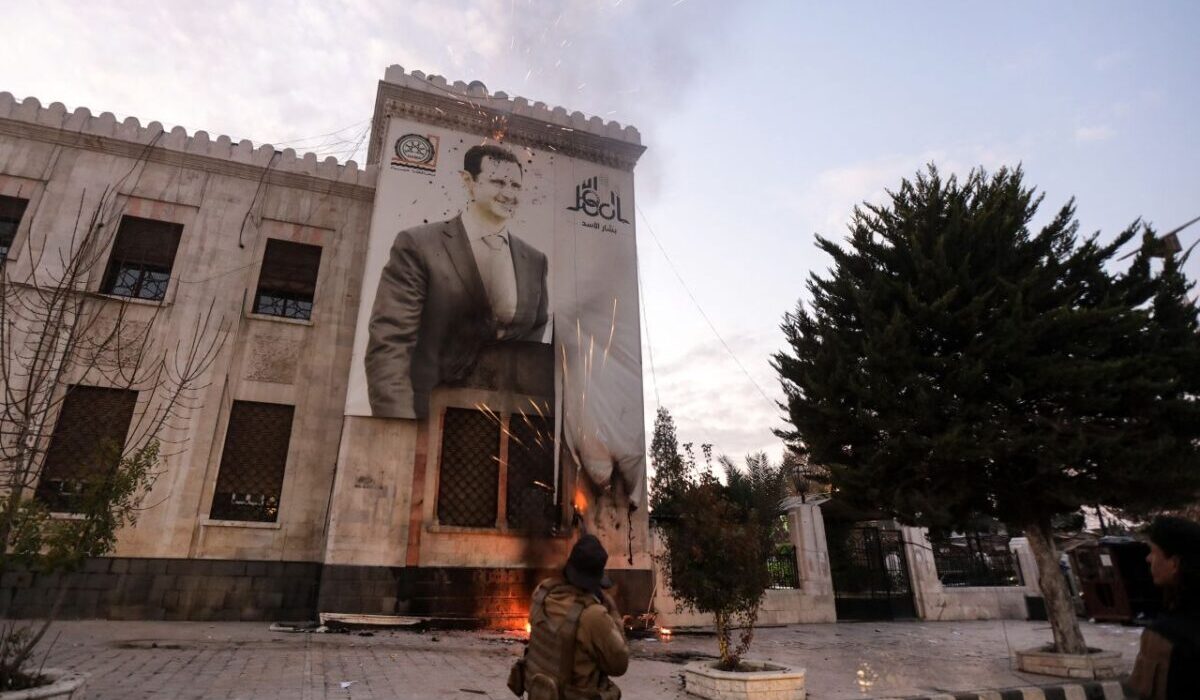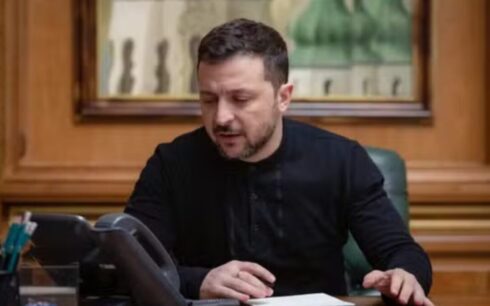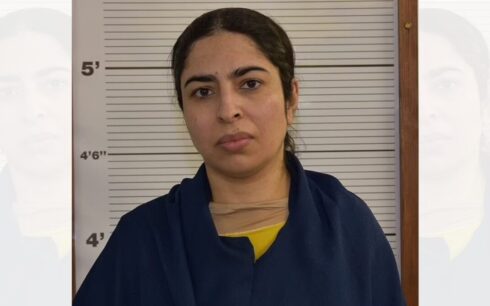DAMASCUS, Syria — The 24-year rule of Syrian President Bashar al-Assad has come to a sudden and dramatic end, as rebel forces entered Damascus on Sunday following a swift and unexpected offensive that has left the capital in their control.
The Syrian army command reportedly informed officers that Assad’s rule was over, according to a Syrian officer who spoke to Reuters. Assad fled Damascus earlier on Sunday for an unknown destination, while rebel sources claimed the city was now “free of Assad.”
Crowds gathered in Damascus, waving flags and chanting “Freedom” to mark the end of the Assad family’s authoritarian grip, which began with Hafez al-Assad’s rule more than five decades ago.
Collapse of the Assad regime
The rapid collapse of Assad’s regime has reshaped the geopolitical landscape of the Middle East, dealing a significant blow to Iran and Russia, which had long supported Assad. Both nations now face the loss of a critical ally in the region.
Rebel forces, led by Hayat Tahrir al-Sham commander Abu Mohammed al-Golani, took key cities like Homs just days before entering Damascus. Homs, a long-contested city, served as a symbolic victory and a strategic coup, severing Damascus from Assad’s Alawite strongholds along the coast.
Golani called the capture of Homs a historic moment and urged fighters to treat civilians and surrendering soldiers humanely. “Do not harm those who drop their arms,” he said in a televised address.
International reactions
The fall of Assad has sent shockwaves through the region. Arab nations, including Qatar, Saudi Arabia, and Jordan, issued joint statements warning of the risks of further instability. The United States said it was closely monitoring the situation, while Israel is likely to welcome the downfall of a key Iranian ally, despite concerns over the Islamist nature of the dominant rebel faction.
Hayat Tahrir al-Sham, formerly linked to al-Qaeda, is now the strongest rebel group in Syria. While Golani has sought to reassure minorities and the international community, concerns remain about the group imposing hardline Islamist rule.
Russian Foreign Minister Sergei Lavrov dismissed Golani’s promises, saying, “The proof of the pudding is in the eating.”
Assad’s departure
Flight records indicate that a Syrian Air plane departed Damascus airport around the time the city fell to rebels. After initially heading toward Assad’s coastal strongholds, the plane abruptly turned away and disappeared from radar. It is unclear whether Assad or members of his family were aboard.
In the absence of Assad, Syrian Prime Minister Mohammad Ghazi al-Jalali has offered to facilitate a peaceful transition, pledging to work with any leadership chosen by the Syrian people.
Legacy of the civil war
Syria’s civil war, which began in 2011 as a popular uprising, claimed hundreds of thousands of lives, displaced millions, and transformed the country into a battleground for regional and global powers. Assad’s ability to cling to power for more than a decade was largely due to support from Russia, Iran, and Hezbollah.
However, as Russia shifted its focus to the war in Ukraine and Hezbollah suffered heavy losses in its conflict with Israel, Assad’s allies were unable to provide sufficient support against the rebels’ resurgence.
The swift fall of Damascus marks the end of an era for Syria but leaves the country’s future uncertain. While celebrations erupted in the capital and other liberated cities, fears remain over the governance of the new Islamist-led coalition and the potential for continued instability in the region.





